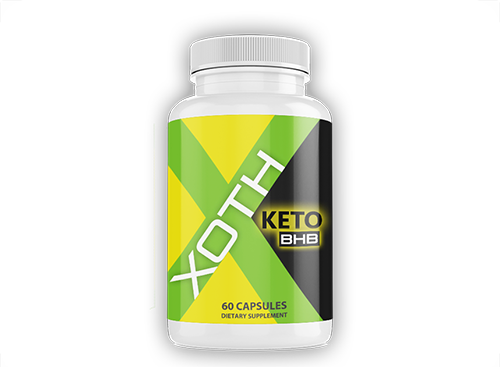Skin care products containing a number of naturally occurring, anti-aging enzymes have been transitioning lately, in the minds of consumers. While many 100% natural skin care products, health foods, and supplements were widely thought of as tree-hugger mumbo jumbo ten years ago, the results people are seeing from them are gaining exposure exponentially and leading to high sales volumes across these industries.
When it comes to cosmetics and skin care, two very popular (and very effective) substances are Vitamin C and Hyaluronic Acid. In fact, they’re used in conjunction so often, that many people think they are one in the same. This, of course, is not the case, as they come from very different places and, while they share some properties, are used in very different ways.
Vitamin C
Most people are more familiar with Vitamin C than they are Hyaluronic Acid. Found in many fruits and vegetables, most notably oranges, Vitamin C goes a long way towards living a healthier life, both inside and outside the body.
One of the main reasons for this is Vitamin C has the tendency to fight off the free radicals that cause damage to our bodies in many different ways. For our skin, this damage comes in the form of visible aging. We begin to see dark spots and wrinkles forming, we lose elasticity, and our skin doesn’t heal as quickly and easily as it once did.
On the inside of our bodies, these free radicals promote the growth of cancer cells and hinder the state of the thyroid, which serves many important functions in the body, including regulating metabolism.
Hyaluronic Acid
Now, let’s look at how that is different from Hyaluronic Acid. Unlike Vitamin C, which is found in fruits and vegetables, Hyaluronic Acid is naturally produced in our bodies as we grow up. It’s found more abundantly in our systems when we are young, and naturally dissipates over time.
The parts of the body where it can be found most commonly is in the eyes and in our joints. Think of it as one of the natural lubricants our body produces to keep those parts moving smoothly. Because it’s naturally produced by our bodies, it’s safe for doctors to use on people with joint problems, and even as a filler in cosmetic procedures like lip injections.
On top of that, however, it’s also used to help skin heal more quickly. The way that it reacts when applied directly to the skin has led people to use it regularly to slow or even reverse the visible effects of aging.
So you see, the effects of Hyaluronic Acid and Vitamin C are similar when it comes to the treating our skin, but different enough that they work wonderfully together. For example, the Vitamin C is known to help the Hyaluronic Acid penetrate skin more effectively, bringing about more rapid and noticeable results.
Skin care products containing both of these substances are becoming impossible to ignore, as more and more people every day sing their praises. They can be found in natural health and beauty stores all over the world and of course on the internet.


